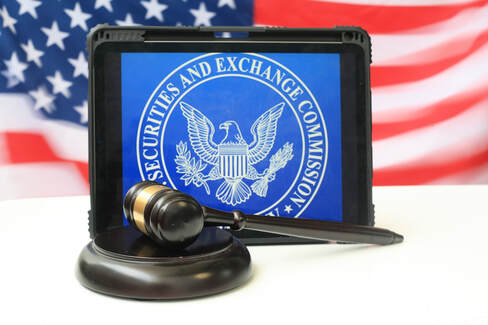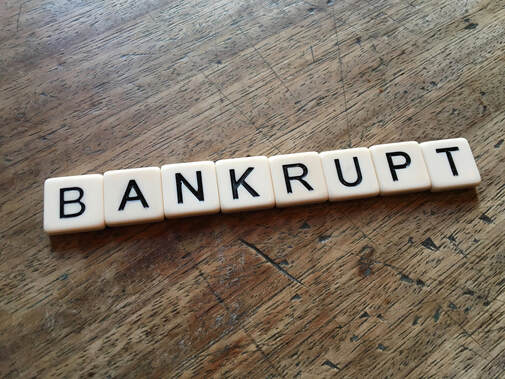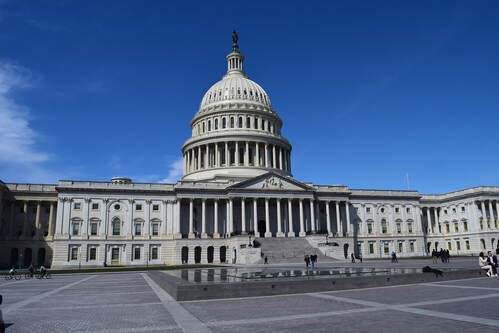|
Mining for Bitcoin has three main costs: the equipment, the electricity, and the floor space.
Most Bitcoin miners use Antminer or WhatsMiner equipment. The average cost of a 1 yr mining contract with Podmines today is $9,500.00, including the cost of the equipment. Prices are subject to change. Email [email protected] for more information on how you can start mining today. Limited space remaining.  CoinGate and BitMart – two cryptocurrency exchange platforms – relisted XRP for trading recently. XRP is the token used by Ripple. According to Ripple’s website, their corporate mission is, “Build breakthrough crypto solutions for a world without economic borders. Through blockchain technology, Ripple enables global financial institutions, businesses, governments, and developers to move, manage and tokenize value, helping to unlock greater economic opportunity for everyone, everywhere. Many exchanges – including Coinbase, Binance, and Kraken – suspended XRP trading after the SEC announced an enforcement action against XRP. XRP is the native cryptocurrency of XRP Ledger, which is an open-source, public blockchain designed to facilitate faster and cheaper payments. Trading XRP remains suspended on the majority of exchanges. Sending payments overseas using the legacy financial system typically takes one to four business days and can be expensive. If a person uses XRP as a bridging currency, it’s possible to settle cross-border transactions in less than five seconds on the open-source XRP Ledger blockchain at a fraction of the cost of the more traditional methods, according to CoinDesk.  The Chief Judge of the U.S. Bankruptcy Court for the Southern District of New York ruled earlier this week that based on Celsius's unambiguous Terms of Use, and subject to any reserved defenses, that when the cryptocurrency assets (including stablecoins, discussed in detail below) were deposited in Earn Accounts, the cryptocurrency assets became Celsius's property; and the cryptocurrency assets remaining in the Earn Accounts on the Petition Date became property of the Debtors' bankruptcy estates (the "Estates"). The States of Alabama, Arkansas, California, Hawaii, Idaho, Maine, North Dakota, Oklahoma, and South Carolina, and the District of Columbia all participated in the proceeding, argued, among other things, that because Celsius is under investigation in several states for marketing securities without necessary registrations and without complying with state regulatory frameworks and federal law, and therefore the Celsius could not rely on the arguably unlawful Terms of Use to determine the purported ownership of these assets and what rights they have in them. The case is In re Celsius Network LLC, No. 22-10964 (MG).  The Brookings Institute prepared a synopsis of the “competing priorities facing U.S. Crypto regulations” in the coming years. The commentary prepared by Brookings accurately reflects the Biden administration’s attitude towards cryptocurrency right now: “to both support development of cryptocurrencies and to restrict their illegal uses”. However, a laissez-faire attitude towards regulation today may make the industry much more difficult to meaningfully regulate even three or four years from now. And it means more uncertainty in the near future for cryptocurrency holders. Administrative agencies, the Executive branch, the Legislative branch and even the Courts have had relatively little to say about cryptocurrency in the previous decade. Seeing federal and state legislatures taking the first stabs at regulating “PoW” vs. “PoS” consensus models indicate all of these different governing bodies will seek to exert more influence over this growing sector.  Brazilian President Jair Bolsonaro on Thursday morning signed a bill into law that establishes a complete regulatory framework for the trading and use of bitcoin in the country, according to Bitcoin Magazine. The new rules recognize bitcoin as a digital representation of value that can be used as a means of payment and as an investment asset in the South American nation. A virtual asset is "a digital representation of value that can be negotiated or transferred electronically and used for payments or as an investment," per the bill’s text. The new law, which goes into effect 180 days after today’s signature, does not make bitcoin or any cryptocurrency a legal tender in the country. Notwithstanding, the legitimacy conferred upon BTC’s use case as payment is meaningful and has the potential to spur greater activity in the country. The extent to which that happens, however, is dependent on the actions of the regulator in charge, according to the same Bitcoin Magazine article. The executive branch will select the government bodies that will oversee the market. The expectation is that the Central Bank of Brazil (BCB) will be in charge when bitcoin is used as payment, while the country’s securities and exchange commission (CVM) will be the watchdog when it is used as an investment asset. Both the BCB and the CVM, along with the federal tax authority (RFB), helped lawmakers craft the overhaul legislation, as reported by Nasdaq.com. We all love a silver lining!
2022 has been a hectic year for companies in the crypto space - that’s putting it politely. The bubble has popped (or is popping) which paves the way for legitimate companies to emerge (and be created), not unlike the dotcom bubble. FULL ARTICLE: Farm to Miner: The Silver Lining in Crypto Mining #crypto #cryptocurrency #cryptocurrencymining #cryptocurrencymarket #miningindustry #mining #miningtechnology #bitcoin #bitcoinmining #hashing #energyconsumption #blockchain #immersioncooling
Need a fun, new Holiday gift idea? Get someone a 1 yr mining contract. For $7,000.00, you’ll get
Per the New York Times, New York enacted a temporary ban on new cryptocurrency mining permits at fossil fuel plants, a move aimed at addressing the environmental concerns over the energy-intensive activity. The legislation signed by Gov. Kathy Hochul was the latest setback in a bruising financial month for cryptocurrencies.
According to Fast Company, In the past few years, cryptocurrencies and other “digital assets” have seen explosive growth, surpassing a $3 trillion market cap worldwide last November, up from $14 billion five years earlier. VCs have invested nearly $12.5 billion in cryptocurrency and blockchain companies globally in 2022 so far, outpacing last year’s total investment of $30.7 billion. And a Pew Research survey last November found that 16% of adult Americans (and about 30% of those between ages 18 and 29) have invested in, traded, or used cryptocurrencies. The Blockchain Association spent some $225,000 on lobbying in Albany this year to try to defeat the bill Hochul just signed and promote alternative legislation. Members of the association also donated thousands of dollars to Hochul’s surprisingly tight campaign, which left some environmental advocates worried she might let the bill die. State legislators passed the bill back in June, and Hochul faced an end-of-the-year deadline to sign or veto it. New York state passed a Climate Act in 2019 to slash its greenhouse gas emissions by at least 85 percent by 2050. New York’s Mining Moratorium will likely be mimicked across different states that have state legislatures controlled by progressive, environmentalist legislators. When deciding whether to mine Bitcoin, make sure to work with a provider that can explain their host jurisdiction’s regulatory stances on mining for cryptocurrency.
|
News/
|



